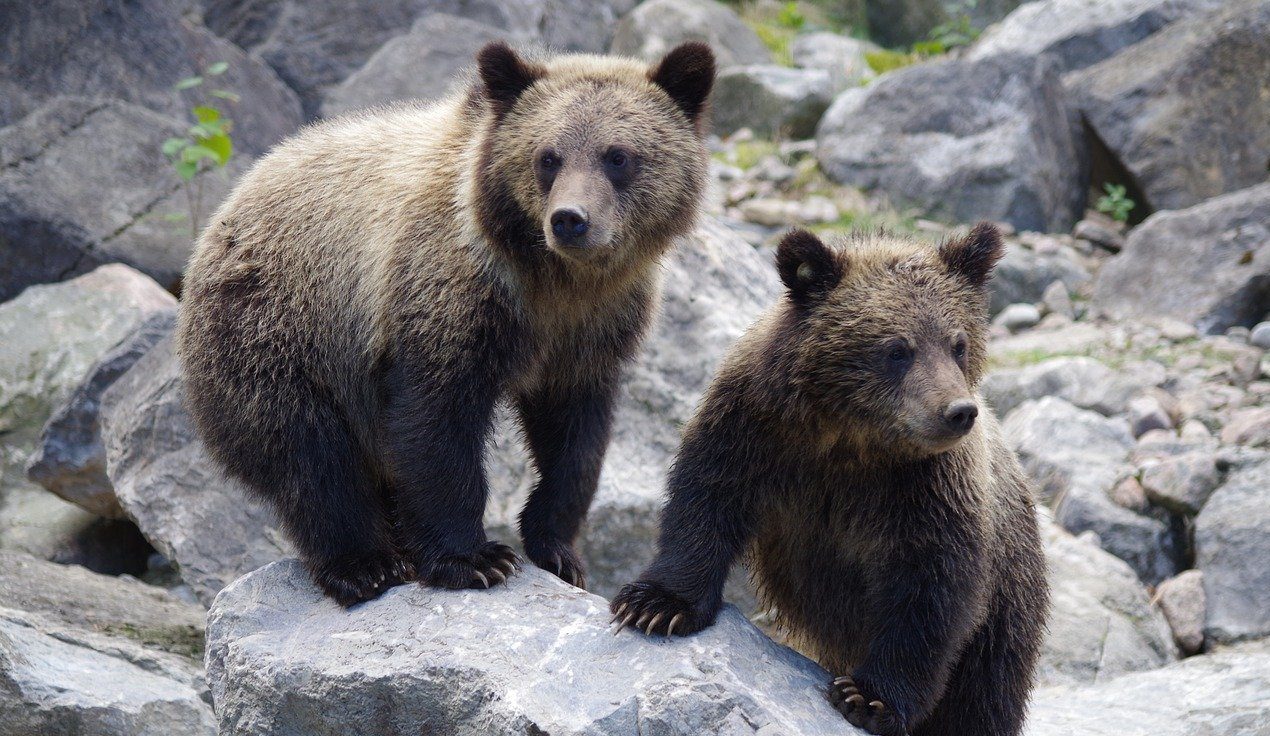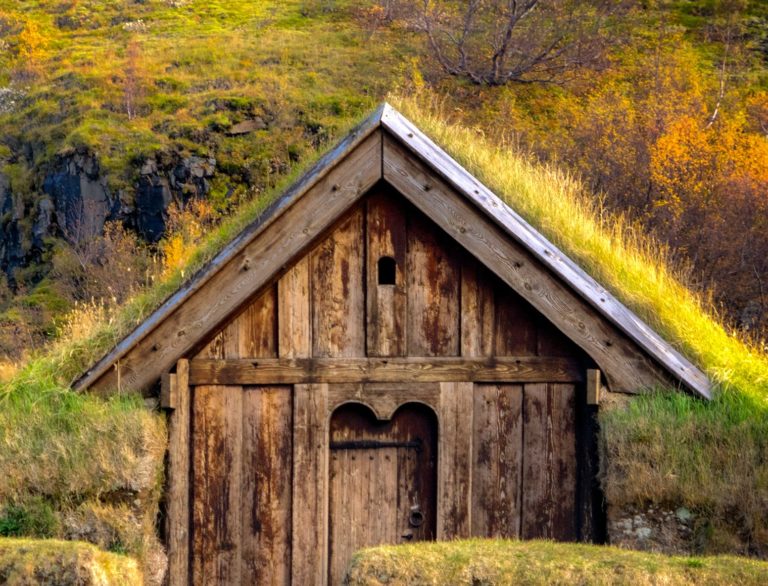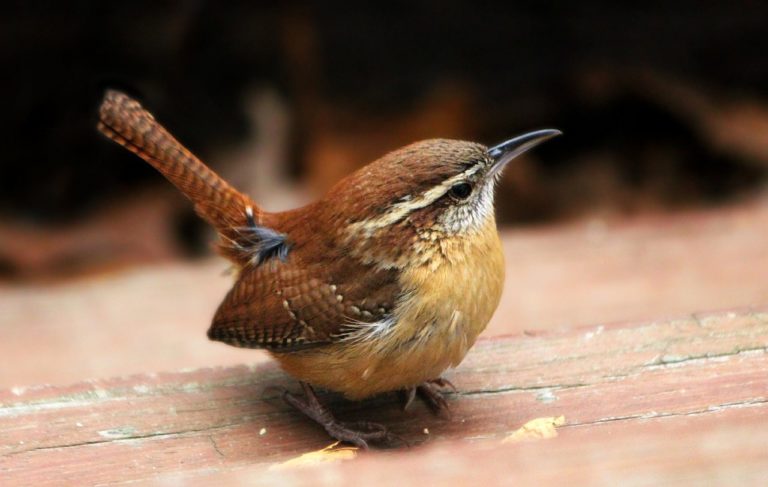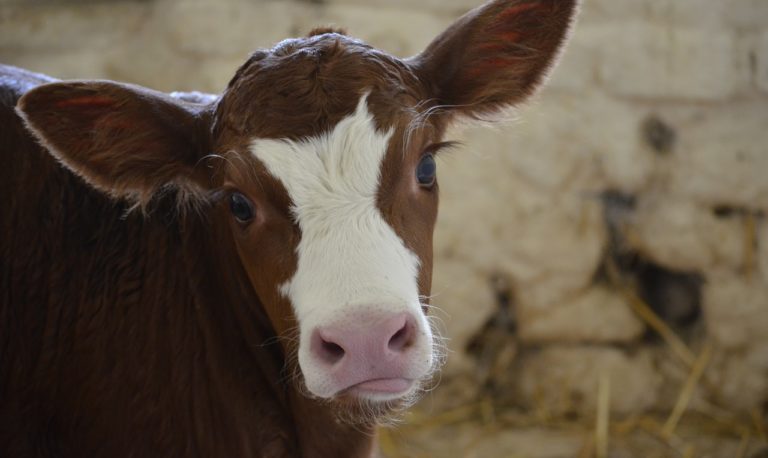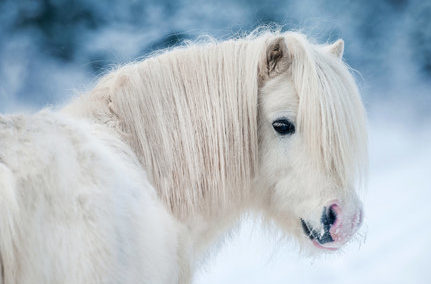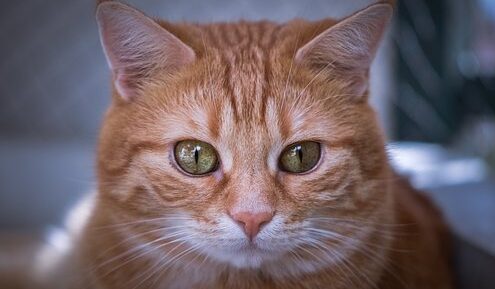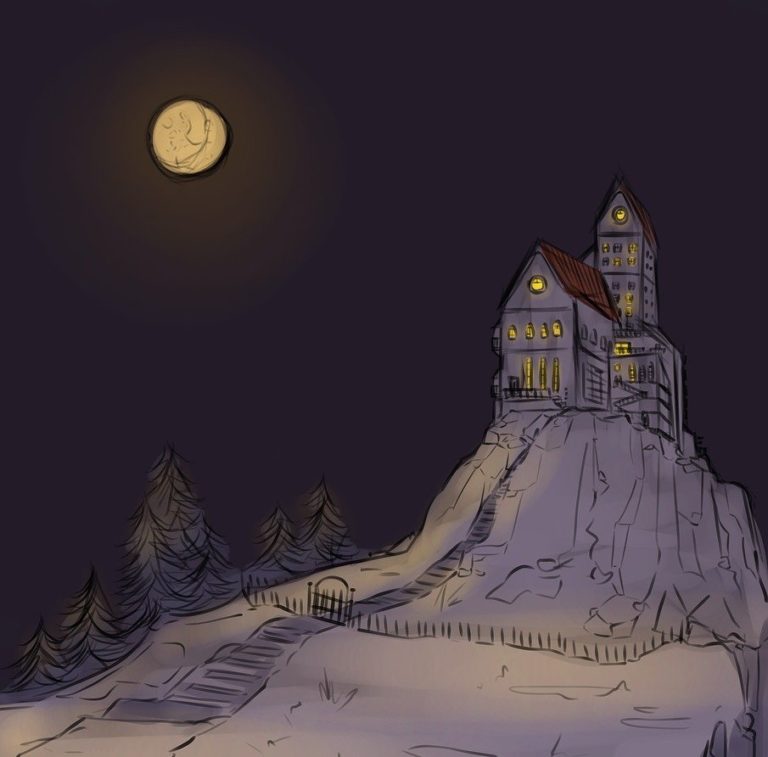Two Little Bears
There were once two little bear cubs – two very playful bear cubs. All through the spring and all through the summer they tumbled and bumbled behind their mother – through forests and meadows and mountain streams.
Two Little Bears – Read and Print
By Rachel Dunstan Muller, copyright 2021
(Scroll to bottom for printable PDF)
There were once two little bear cubs – two very playful bear cubs. All through the spring and all through the summer they tumbled and bumbled behind their mother – through forests and meadows and mountain streams. Mama bear taught them how to swim, and how to climb trees. She taught them how to find good food to fill their bellies: shoots and roots and tender buds; berries, and acorns, and sweet, sweet honey. Mmm!
Everywhere those bear cubs went there were new things to see, and touch, and taste, and smell. Oh, but the world was an exciting place!
In the autumn, as the leaves were turning red and gold, Mama bear taught them how to fish at the bottom of a waterfall. That was fun! And the fresh salmon was so tasty. It was just what the bear cubs needed to fatten them up, to get them ready for their long winter nap.
As the days got shorter and colder, the two bear cubs were very happy to have such warm fur coats. All the trees around them looked quite naked and shivery once they’d lost their leaves.
And then, one frosty afternoon – the first snowflakes began to fall. “Time for bed,” Mama bear said, as the snow began to pile up on the ground.
The two bear cubs waited outside just long enough to lie down and make snow angels. Then they shook the snow from their fur and followed Mama bear into their den, in the hollow beneath a giant tree. It was warm, and dry, and just big enough for three. The two cubs snuggled in close to their mama, closed their eyes, and went to asleep.
Outside, the snow kept falling, but inside it was cozy and still. And so the three bears stayed fast asleep – hibernating all through the winter.
But then, the snow melted and suddenly it was spring. Mama bear opened her eyes, sniffed the air, and nudged her two little cubs. “Time to wake up,” she said.
The first cub, sister bear, got up right away. She couldn’t wait to see the world again. But the second cub, brother bear – he just turned over to go back to sleep.
“Wake up,” said sister bear. “Can’t you smell it? It’s spring!”
“I don’t want to wake up,” said her brother. “I’m nice and cozy where I am.”
So, sister bear left her brother to sleep, and climbed out of the den behind her mother. Oh, but it felt good to stretch her paws, to hear the birds, and feel the sun on her fur. Best of all, it felt wonderful to eat again, to fill her belly with tender shoots and tasty grubs.
But after a while, sister bear began to miss her brother. He was her only playmate, after all.
So, she climbed back down into the den. “Wake up, sleepyhead!” she said. “The snow is gone; the sun is shining. Come and see!”
But lazy brother bear – just grunted, and kept on sleeping.
Feeling very disappointed, sister bear climbed out of the den and sat on a log. In every direction she looked, there were things to see and hear and taste and touch – but it wasn’t nearly as fun without her brother.
Then sister bear noticed some little yellow flowers – a clump of cheerful buttercups peeking up from the earth – and she knew just what to do. She picked a buttercup, carried it down into the den, and held it up to tickle her brother’s nose.
“Ah, ah, ah – CHOOO,” said brother bear. “Ah, ah, ah – CHOO!”
Brother bear was wide awake after that. He followed his sister – and his growling stomach – out of the den and into the spring sunshine. Everywhere he looked there were things to see and smell and taste and touch – and he had to admit, it felt pretty good to stretch his paws!
All through the spring and all through the summer the two growing bears tumbled and bumbled beside their mother – through forests and meadows and mountain streams.
Oh, but the world was a wonderful place!
Print PDF
This story may be reproduced and used for personal or educational purposes only. Permission must be obtained from the author for public performance, reproduction or commercial use.
